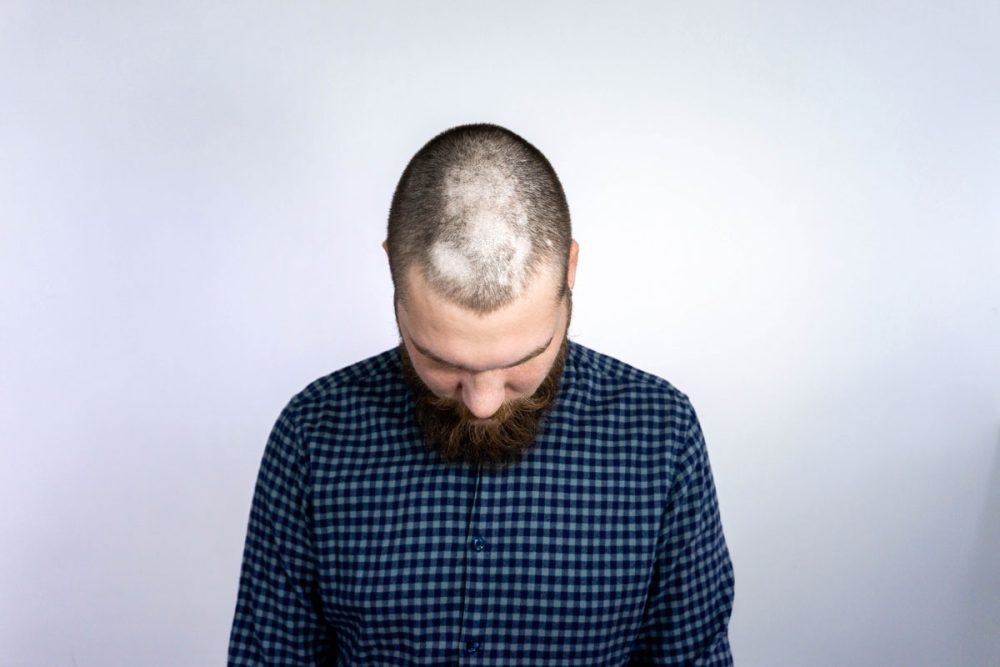Advertisment
European Commission approves Litfulo (ritlecitinib) to treat adults and adolescents 12 years of age and older with severe alopecia areata – Pfizer

Pfizer Inc. announced that the European Commission (EC) has granted marketing authorization for Litfulo (ritlecitinib) to treat adults and adolescents 12 years of age and older with severe alopecia areata. Litfulo, a once-daily oral capsule, is the first medicine authorized by the EC to treat individuals as young as 12 years of age with severe alopecia areata. Litfulo is also the first and only treatment to selectively inhibit Janus kinase 3 (JAK3) and the tyrosine kinase expressed in hepatocellular carcinoma (TEC) family of kinases.
“Today’s approval of Litfulo in Europe is an important milestone for patients as young as 12 years of age with substantial hair loss from alopecia areata, as they now have an opportunity to achieve significant hair regrowth,” said Angela Hwang, Chief Commercial Officer, President, Global Biopharmaceuticals Business, Pfizer. “Previously, there were no treatment options approved by the EC for adolescents with severe alopecia areata, and Pfizer is proud to be bringing forward this new innovative medicine for patients living with the challenges brought by this autoimmune disease.”.
The approval was based on the ALLEGRO clinical trial program, which included the ALLEGRO Phase IIb/III study (NCT03732807) that investigated Lifulo in patients 12 years of age and older with alopecia areata with 50% or more scalp hair loss, including patients with alopecia totalis (total scalp hair loss) and alopecia universalis (total body hair loss). Results from this pivotal study showed that 13.4% of adults and adolescents saw 90% or more scalp hair coverage (SALT less than 10) after 24 weeks of treatment with Litfulo 50 mg compared to 1.5% with placebo. Patient Global Impression of Change (PGI-C) response was also measured and was a key secondary outcome supporting the approval. At week 24, 49.2% of participants reported a response of “moderate” to “great” improvement in their alopecia areata compared to 9.2% with placebo.





